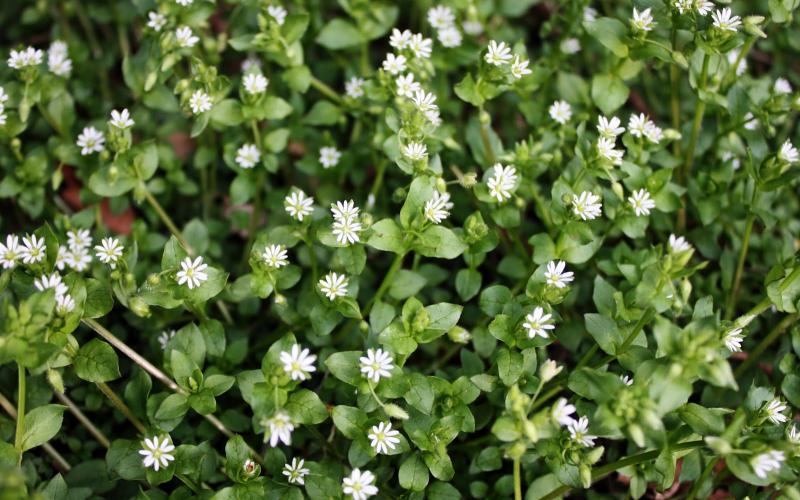As the summer begins to wind down and we transition into fall home lawns will begin to slow in growth and mowing is less frequent.
However, during this time frame between the harsh heat of summer and the cooler temperatures of fall is a critical time to prepare your lawns success for both this winter and the upcoming spring. Soil testing and applying a pre-emergent weed control product should be your priorities right now to keep a quality lawn in the future.
It is no secret that a healthy fertile soil grows a prettier and more vigorous lawn, however here in our area of northeast Georgia we typically struggle with low pH soils and nutrient deficiencies. With that being said I would recommend taking a soil sample in your lawn as soon as possible. Taking the sample now is important because it takes between four to six months for lime to raise the soil pH to the desired level of 6.0-6.5.
Lime, which is chemically made up of calcium carbonate, is the primary way in which we can raise our soil pH to adequate levels for quality plant growth and health your lawn will be able to fully utilize the nutrients already in the soil and the nutrients you provide it through fertilization.
When taking your sample it is important to get to a depth of 4-6 inches which is known as the root zone.
You can bring your sample here to the Stephens County Extension Office or feel free to call me and I will come take the sample for you.
Winter can bring about certain weeds, also known as winter weeds, in your lawn.
Chickweed, clover, annual bluegrass, and henbit are all weeds that germinate in the winter and emerge in your lawn between late February and early March.
A pre-emergent herbicide application will help to prevent them from sprouting or growing. Like the name suggests, you want to apply the herbicide before the seed germinates and the weed grows.
Pre-emergent herbicides come in both a liquid form, which you would apply with a sprayer, and a granular form, which you would apply with a granular spreader.
Granular formulations are much easier to apply ensure an even distribution for most homeowners.
By using a fall pre-emergent herbicide treatment, you can prevent weeds from germinating, saving you time and money in the spring.
Pre-emergent herbicide applications are especially helpful if you know you have certain weeds that grow in your yard every spring.
The ideal time to apply a fall pre-emergent herbicide to your yard for control of these winter weeds is right now or more specifically when the soil temperature is below 70 degrees and dropping. This typically is in the time frame of September 1-20 here in our area.
Products containing pendimethalin, prodiamine, or dithiopyr will do a quality job in controlling most winter lawn weeds. Read the label of these products as several of them are required to be irrigated in to work properly.
Just because summer is winding down does not mean there aren’t tasks to complete to have a nice home lawn.
Consider taking a soil sample this fall in your so you can address the pH now for quality growth next spring.
Also remember to go ahead and apply your pre-emergent herbicide products to your lawn now to stop the germination of those pesky winter weeds.
If you have any questions please feel free to contact me at the Stephens County Extension Office at 706-779-5501.
(Thad Glenn is an extension agent with the Stephens County Extension Service.)
Image
Body

